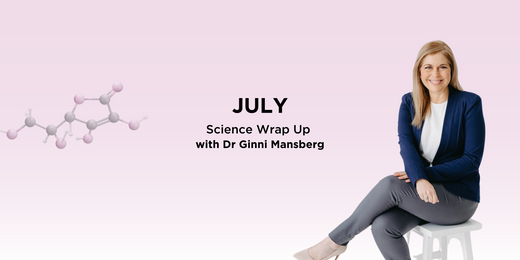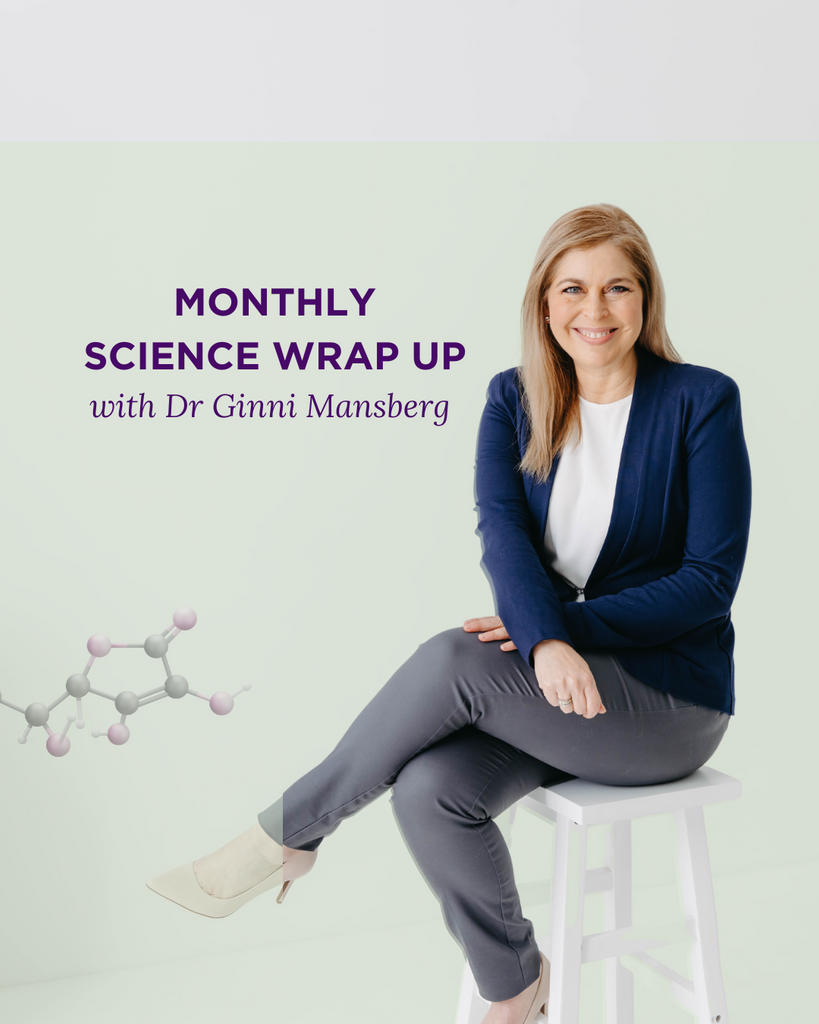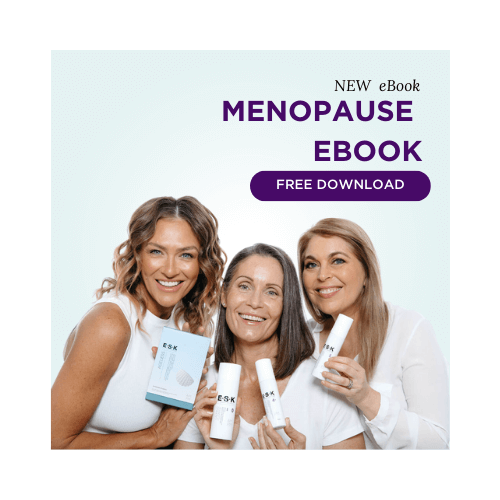
Science Hub
July 2024 Science Wrap Up
29 July 2024
Dr Ginni Mansberg
We’re halfway through 2024. How has this year been treating you so far? The UK has seen the end of an era with an all-new PM settling into Number 10. Here in Australia, we are starting to see our shiny new tax cuts come into play. At ESK we are gearing up for something huge. As many of you know I am obsessed with all things skin and all things women’s health and hormones. My dream has been to combine these passions into a single project. All will be revealed soon. But if hormones impact your skin, stay tuned! Meanwhile here is the last offering for the ESK science hub.
Acne - we doctors could be doing a whole lot better
I was pretty devastated to read a new study published in the Journal of Clinical and Aesthetic Dermatology looking at data from 21,000 acne patients. Despite very clear international guidelines to the contrary the number one treatment for acne was antibiotics- with 80% of patients being put on them- ouch! The second most common treatment was retinoids (or vitamin A). That’s what SHOULD be the first line of treatment. Sadly less that 56% of patients were prescribed these. Only 3% of people received hormonal treatments even though 80% of women report their acne flares before their periods. In this study a ridiculous 17% of people were given treatments that could potentially make their acne worse- from the wrong kind of Pill to steroids. OK docs- time to lift our game.
If you need advice perhaps chat to someone from the ESK customer service team. They won’t make those kinds of mistakes!!!
Dry skin? Drink more? Better still, use moisturisers
We all know water is essential for life, but how much does it really help our skin? A new 4 week study published in the Annals of Dermatology dived into the deep end to find out. Researchers gathered a group of healthy women who were randomised to drink 2 litres a day, use a moisturiser three times daily or a combo of both. Another group were asked not to change anything. The results? Drumroll, please... It turns out that just drinking more water didn’t significantly boost skin hydration for most participants. But, those who applied moisturisers saw a noticeable improvement. Combining higher water intake and using moisturisers together didn’t show a huge difference compared to just using moisturisers alone. The Takeaway: Moisturisers Win!
Anti-aging trends in Australia post pandemic
Before the pandemic, people mostly got professional in-clinic treatments. But lockdowns pushed everyone to explore at-home skincare routines and devices like LED masks according to a new study in the Journal of the European Academy of Dermatology and Venereology. More people trust social media influencers, often without medical backgrounds, for skincare advice. This shift has been huge, as people started buying professional skincare products online and seeking targeted ingredients for specific skin concerns. Here are the current Anti-Aging Trends:
Popular Skincare Ingredients: Pre-pandemic favourites like retinoids are being overshadowed by less irritating ingredients such as hyaluronic acid (HA) and niacinamide. (How we wish they knew about retinal!!!) The trend now is towards “skin minimalism”- using fewer products but focusing on skin health. Other popular treatments lack strong scientific backing, like platelet-rich plasma (PRP) treatments, oral collagen supplements, and home LED masks. While marketed heavily, their efficacy is still under question, the study’s author says.
That’s a wrap for July. See you with all the latest research next month!

